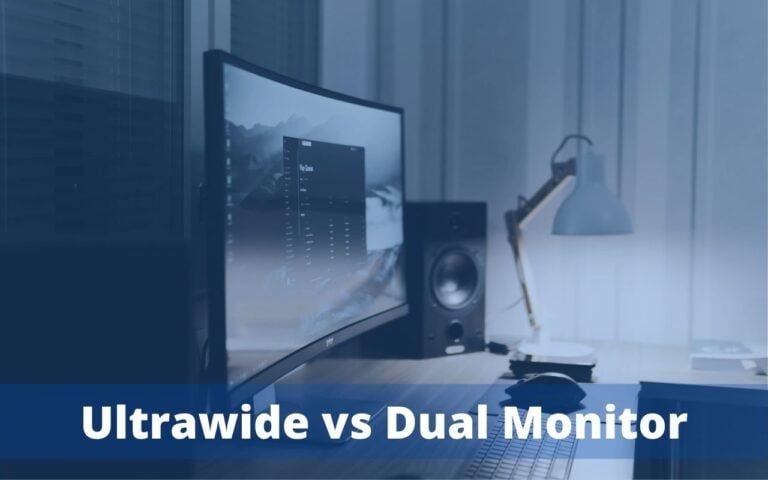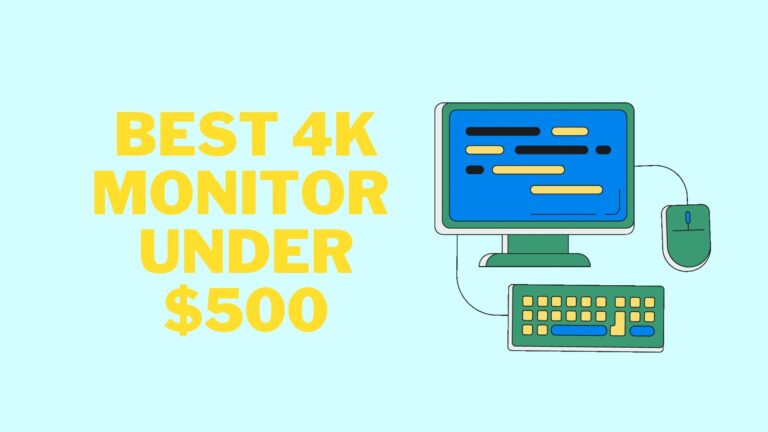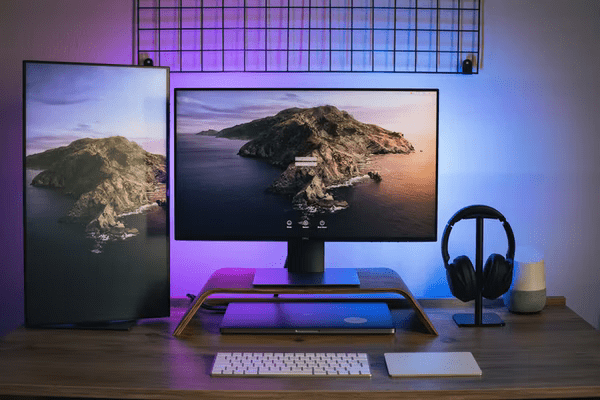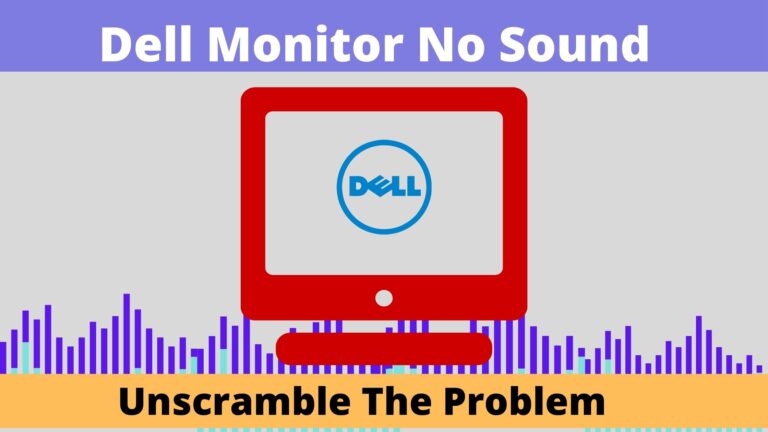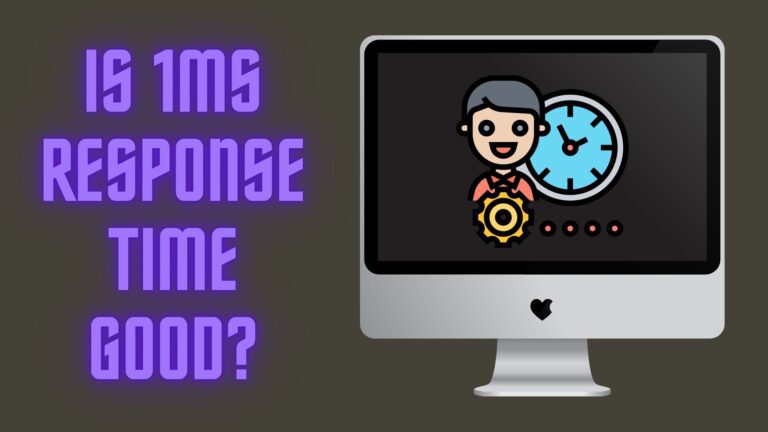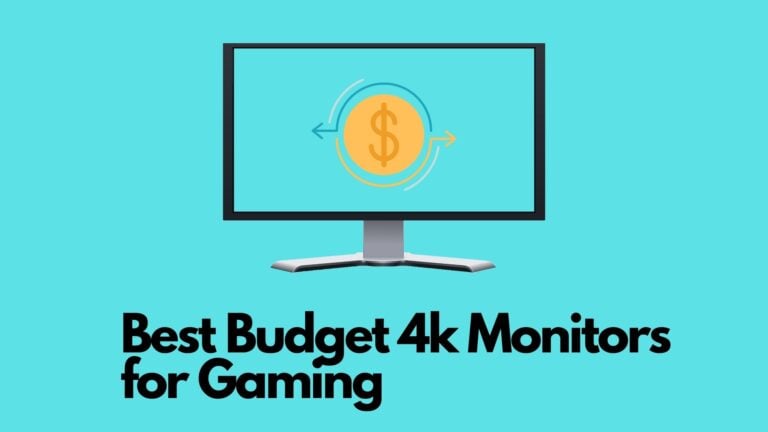Does Monitor Affect FPS – An answer You All Need
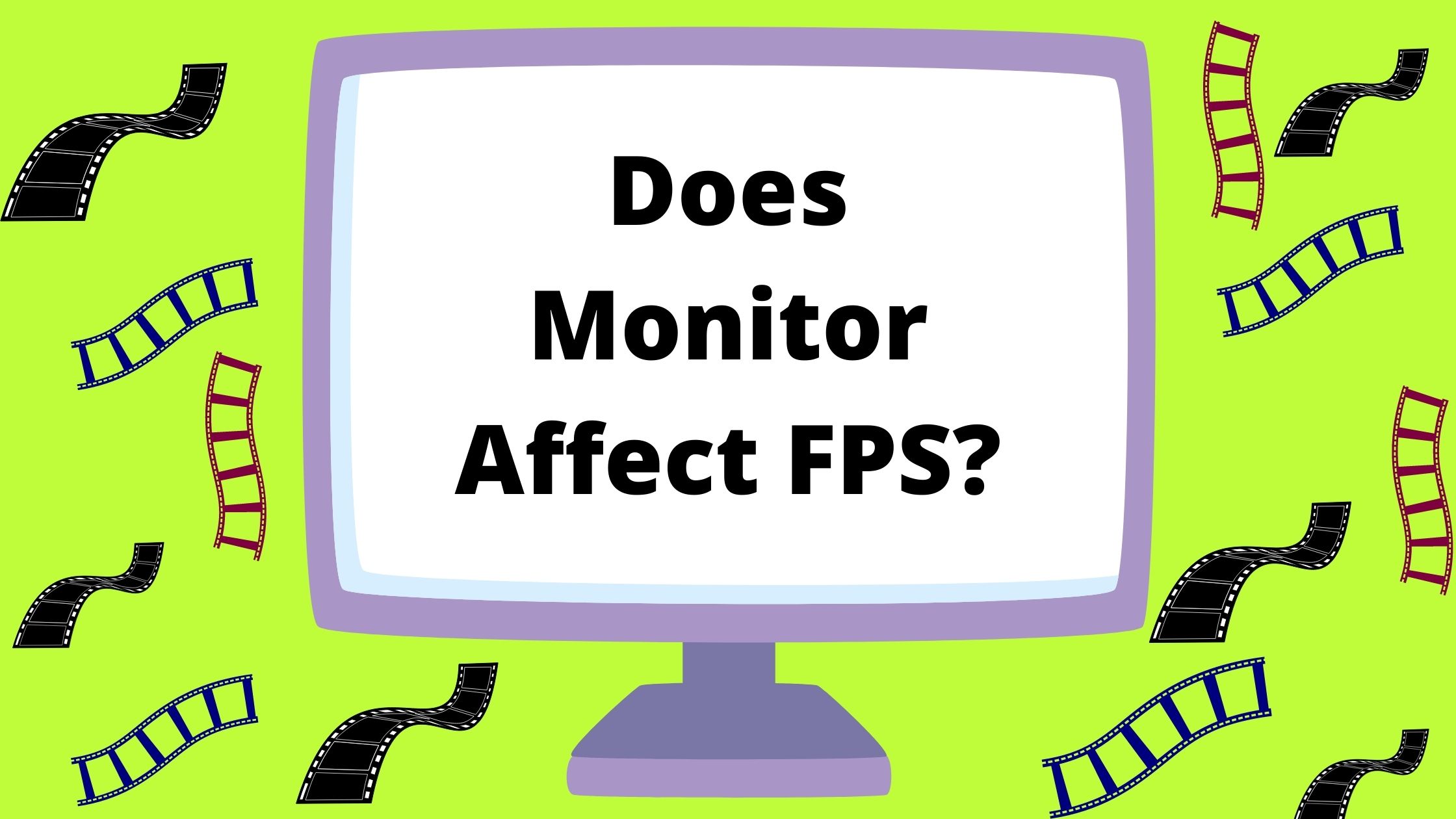
Are you a regular user of monitors? Are you worried about FPS? Are you searching for the answer “can monitor affect FPS”? Then you are at the best spot!
Fasten your seatbelts! We are here to solve your problems and to remove your anxieties. It is recommended to you that for getting all the answers you must go through this article from top to bottom.
Before moving towards the article, let’s have a look at what FPS is as it will provide you easy to understand the article’s essence?
FPS – Frame Per Second
FPS stands for frame per second, which is commonly referred to as frame rate. It is basically a unit of measure of frames that your computer monitor displays per second. It is considered by many people that higher FPS is better than Lower FPS.
Well, now moving towards the critical question, “can monitor affect FPS.” If you are wondering the answer, then read on!
Check Best Dual Monitor Setup For MacBook Pro
Can Monitor Affect FPS?
It is general knowledge that monitors do not affect frame rate. But features of monitors, i.e., refresh rate, can involve the FPS. We know that different monitors have different qualities and capabilities. Those monitors that have lower refresh rate capabilities may not support massive frame rates. Similarly, monitors with high refresh rates can support high fps and have a better image quality.
It shows that the monitor’s refresh rate, display, and frame rate count have a close relationship.
Now, let’s move towards the monitor features which can affect FPS.
Can A Monitor Cause FPS Drop?
Monitor affects the FPS count, and therefore, it affects the display. FPS varies according to the monitor resolution rate, e.g., a monitor with a high-resolution rate will have a higher FPS rate than that with a low-resolution monitor when connected to the same CPU.
How Do Monitor Resolution And Refresh Rate Affect FPS?
Monitor resolution is unambiguously the make-up of the specific number of pixels. On the other hand, the refresh rate is the number of times your monitor can refresh its images per second. It shows that a higher refresh rate will assure you more precise and smoother images on your monitor.
You can see that different types of monitors affect the FPS rate differently. For instance, media monitors are not for displaying high graphics, and that is why they have a low refresh rate. This will restrict it to the number of fps per second despite having a powerful CPU.
Check Dell Monitor No Sound
Does The Size Of Monitor Affect FPS?
It is viewed that the size of the monitor is one of the reasons which affects FPS. The general argument is that the bigger the screen, the less the FPS count and less resolution and display.
Now, the point which is noticeable is that size of the screen does not matter, but of course, the resolution is. A more significant resolution with a big screen will have a higher FPS, and the low resolution with a small screen will have low FPS.
Does Technology Affect FPS?
Sometimes the problem is not with the monitor but with the type and technology of connectivity used which make you experience low FPS on your monitor. Sad to say, old VGA technology used in connectivity makes restrictions and is not able to give you the maximum frame rate per second.
It is suggested to use a quality HDMI cable, display port, or a thunderbolt port to have a maximum frame rate per second and a high-quality display.
Does Dual Monitor Affect FPS?
It is very obvious to think that having two monitors will minimize your monitor’s FPS count. But it is also assumed that the graphics card will have to work double its capacity. The impressive thing is that graphic cards can work on two monitors at the same time and still generate flawless FPS counts on both sides.
Hence, it is proved that dual monitors do not affect the FPS.
Check Best Monitor For Rtx 2070 Super
Does Gaming Affect FPS?
When you play a high graphic video game on both of your monitors, you will notice that they require more FPS counts to manage a smooth display on a monitor. There are some games that will have no effect at all.
It is recommended that when you use dual monitors, they should be of the same kind. It assures you the video quality on both sides.
How Do External Monitors Affect FPS?
An external monitor increases your FPS and display. It happens because of the technology which is mainly used. Laptops mostly have great mechanization that makes sure longer battery life, which restrains the graphics of the images on their monitor.
Last But Not Least
Games and the settings can cause a situation where the laptop technology significantly reduces FPS. Despite this, external monitors increase frame rates. Many computers have display output ports such as HDMI or Display Ports wired directly to the distinct graphics.
It means that by using an external monitor connected to the ports, you will be overriding the Intel integrated graphics and Optimus. A high resolution and FPS count to the external monitor is managed by the technology used in the central processing unit (CPU).
Check Can You Use an iMac as a Monitor?
Frequently Asked Questions
Few of the questions which are frequently asked by you are about “can monitors affect FPS.” These questions are also answered in this article.
Can A Monitor Cause Low FPS?
The simple answer to this question is no because your computer is only responsible for refreshing images and FPS is the number of frames your computer produces. Thus, refresh rate does not affect the frame rate.
Do Monitors Improve FPS?
No, it does not increase the FPS; however, it is directly proportional to the refresh rate. You can see an increase in the amount of FPS with a high refresh rate. For instance, a 144hz monitor is able to show 144fps, a 60hz one 60fps, etc.
How Do I Increase My FPS?
You can increase your monitor FPS by doing a few things:
- Search your monitor’s refresh rate.
- Find out your current fps.
- Permit Game Mode in Windows 10.
- Ensure that you have the latest video driver installed.
- Improve your game settings.
- Reduce your screen resolution.
- Update your graphics card.
What Causes Low FPS?
There are many things that cause low FPS, but the common causes are a weak graphics card, old graphics drivers, an outdated CPU, or insufficient RAM.
Why Does My FPS Drop While Gaming?
It is common that FPS drops while playing a game. There can be multiple reasons behind this e.g., outdated graphics card drivers, malware and virus attacks, challenging drive issues, and so on.
Final Words
To sum all this up, this article will help you to know about what factors increase or decrease the FPS and how you can boost up your FPS. We believe that after going through this article, your mystery will be solved, and you will get your answer to “can monitors affect FPS.”
We also hope that this article will definitely help you in your project and further problems related to this topic. For getting the complete guideline, you need to go through it keenly. Here you go!

